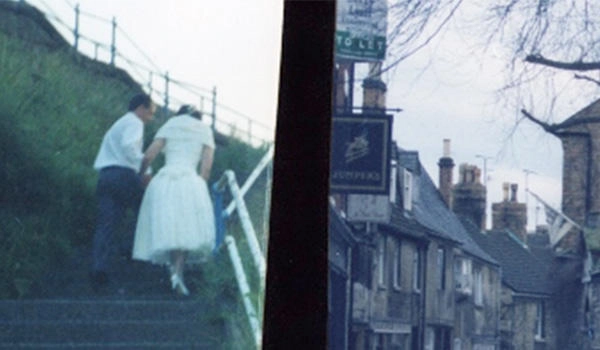
“Solent has helped by filling my CV with great experiences that have given me confidence and improved my work”
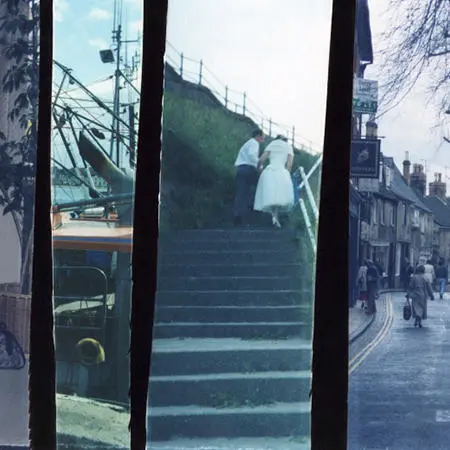

Focus your creative vision and develop your ideas using a range of large and medium format cameras, digital editing suites and even traditional film processing facilities.
Contact international admissions
Email: Call:Throughout the course you will be supported to develop your creative, imaginative and critical abilities – skills that are essential in a creative career – you’ll also explore a range of photographic subjects and will embed photographic skills through dynamic projects.
Solent’s experienced teaching team will guide you in creating a rich and varied professional portfolio, and will ensure that you have the creative freedom to make a portfolio that best represents your own unique style, while at the same time demonstrating that you are a competent, adaptable and employable practitioner.
Regular course lectures are supported by a programme of industry guest speakers, which in the past have included appearances from Richard Billingham, Catherine Yass, Charlotte Cotton, Ori Gersht, Brian Dillon, Peter Fraser, Dan Holdsworth, Chrystel Lebas, Jeremy Millar, Sophy Rickett, Margaret Salmon and Tom Hunter.
Your studies will take place in the multi-million pound Media Academy – featuring state-of-the-art teaching and photography facilities including digital and analogue studio spaces. You will also learn in the Photography Base Room – a dedicated, flexible teaching space.
Think a career as a photographer might be for you? With first-class facilities and a unique emphasis on freelance work, Solent University’s photography programme is a great first step towards your dream career.
If you’re looking to study our photography degree but don’t have the relevant qualifications or experience, the art and design foundation year will help you develop the core skills and knowledge to progress. Find out more about the art and design foundation year.
Our creative degrees allow our students to develop a critical eye for design with a knowledge of different design approaches and problem solving techniques. Take a look at some of the great work they produce.
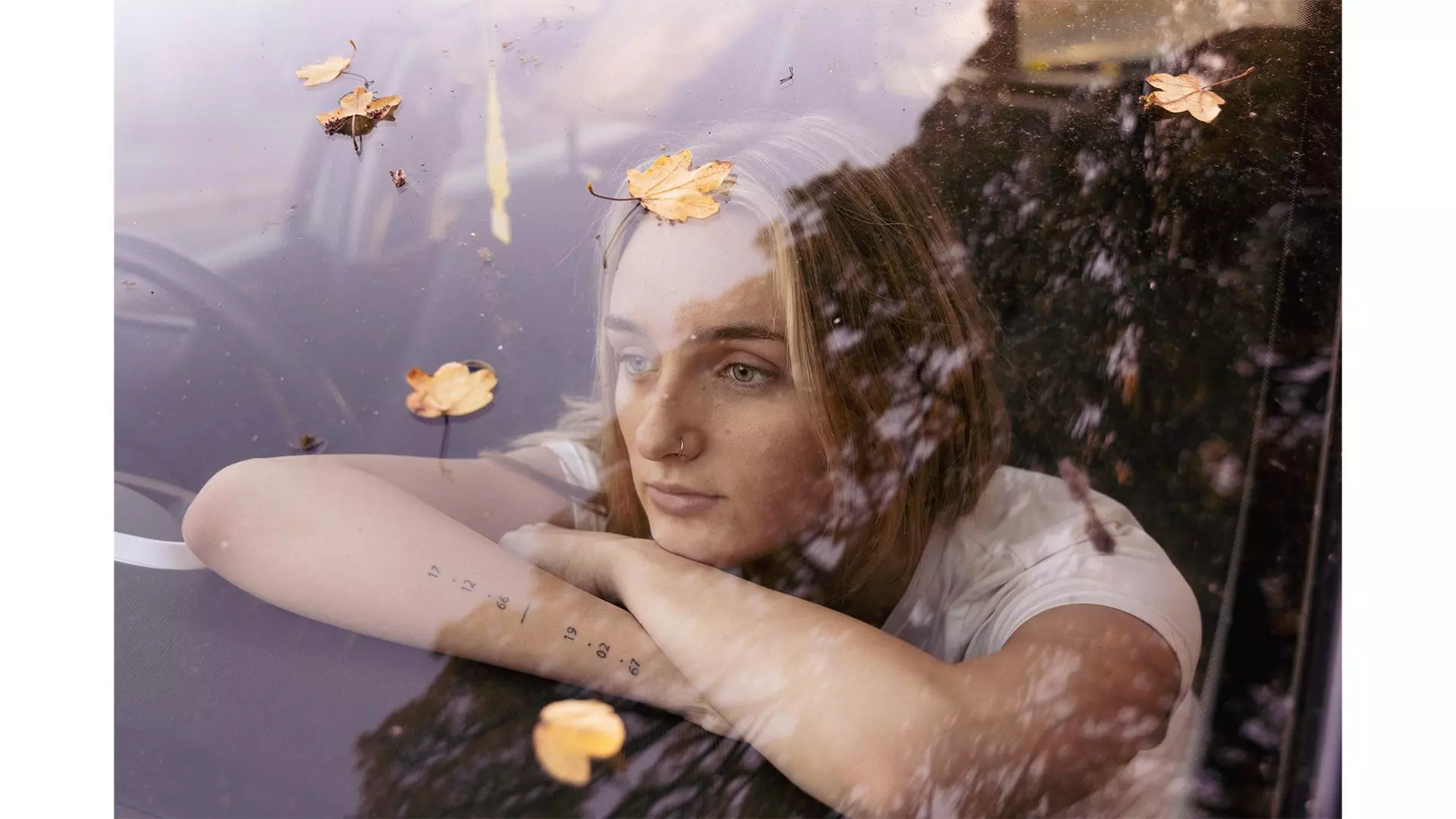
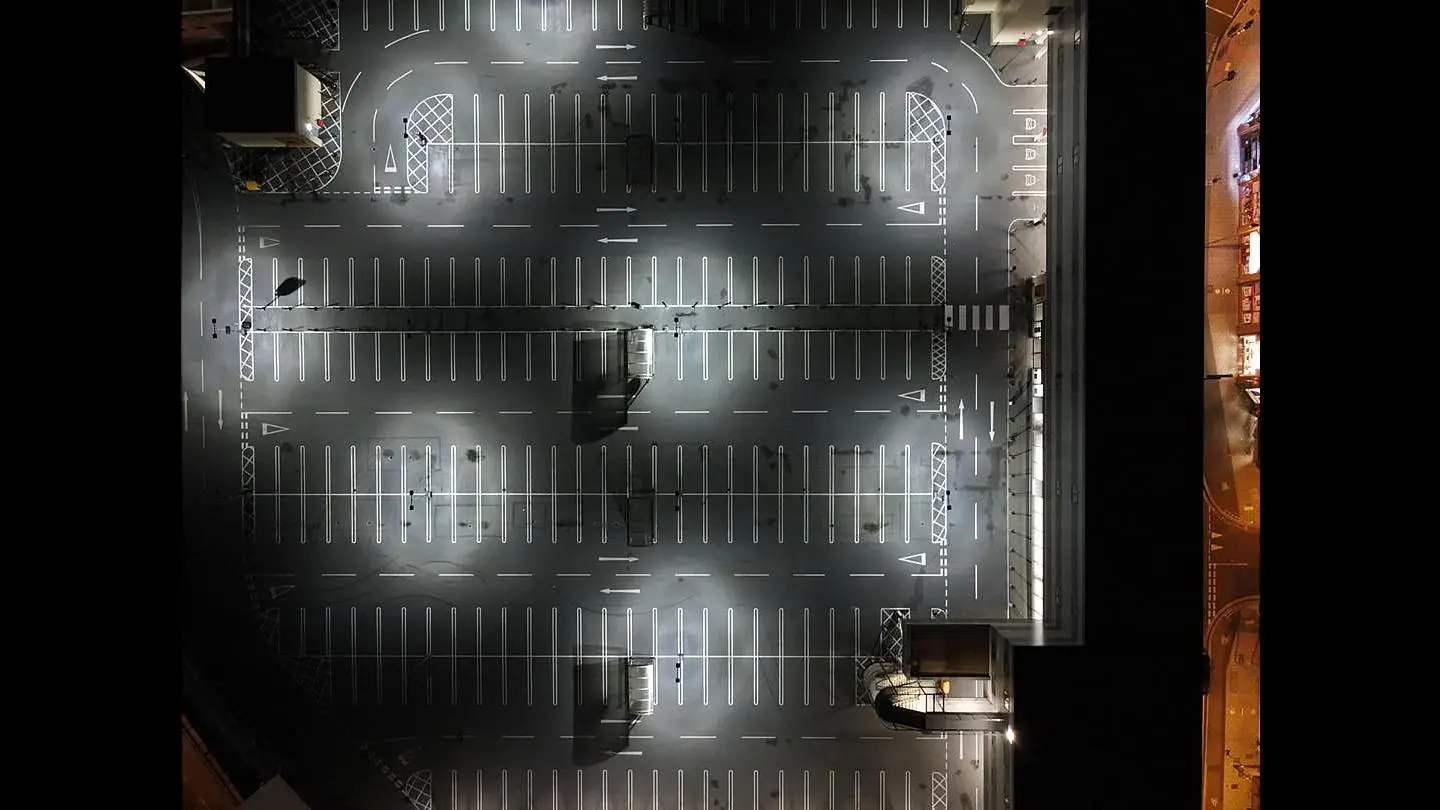
Solent’s photography degree is ideally suited to students who are interested in developing their technical skills, working on creative and challenging projects, and developing their knowledge and understanding of photography and visual culture.
Students will consider theory and practice across a range of briefs from set tasks to self-initiated projects. Applicants will have ideally studied a previous creative subject and will be required to show a portfolio and developmental work at interview.
Many graduates have gone on to work in commercial, editorial, fashion, portrait, documentary, photojournalism, landscape and fine art photography. Graduates also enter related fields, including post-production, museum and galleries, book and journal publication, picture editing, education (FE and HE) and have also gone on to postgraduate study.
Hear from Solent alumni about where their careers have taken them and how studying at Solent prepared them for their future.
Read more stories
“Solent has helped by filling my CV with great experiences that have given me confidence and improved my work”

The course team offers a blend of skills, knowledge and expertise; they have a rich breadth and depth of experience and backgrounds. As such, they are able to support students and their development.
The University cannot guarantee any particular members of staff will teach specific aspects of the course in the future, but will endeavour to ensure the teaching team maintains their balance of experience and qualifications.
Course facilities include an extensive media loans programme, providing access to high-end DSLR cameras, an extensive range of lenses (including many ‘L’ series and Prime lenses), 35mm cameras, medium format cameras (645, 6x7 and 6x9), large format 5x4 cameras and lenses, and a full stock of accessories – light meters, tripods, flash guns, remote-controlled boom-mounted flash systems and more.
You’ll also have access to our digital reprographics lab, featuring commercial-standard and large-format printers, flatbed scanners, three Hasselblad drum scanners scanning up to 5x4 size and a colour-calibrated ProMac-based reprographic suite. Our recently rebuilt colour and black-and-white darkrooms are of the highest industry standards and students can also freely use our in-house colour film processing machine. Additionally, we have finishing and film processing rooms, a modern multimedia lab featuring 24 iMacs with Adobe Creative Suite and Final Cut Pro, plus large professional photographic studios and associated make-up and styling rooms.
Broaden your horizons by adding an international dimension to your CV – essential to achieving success in today’s fast-changing, global environment.
Studying, working or volunteering in another country could be the experience of a lifetime. Enhance your degree by developing important global skills such as knowledge of other countries, language skills, intercultural awareness, adaptability and confidence.
For more information, please email international.mobility@solent.ac.uk.
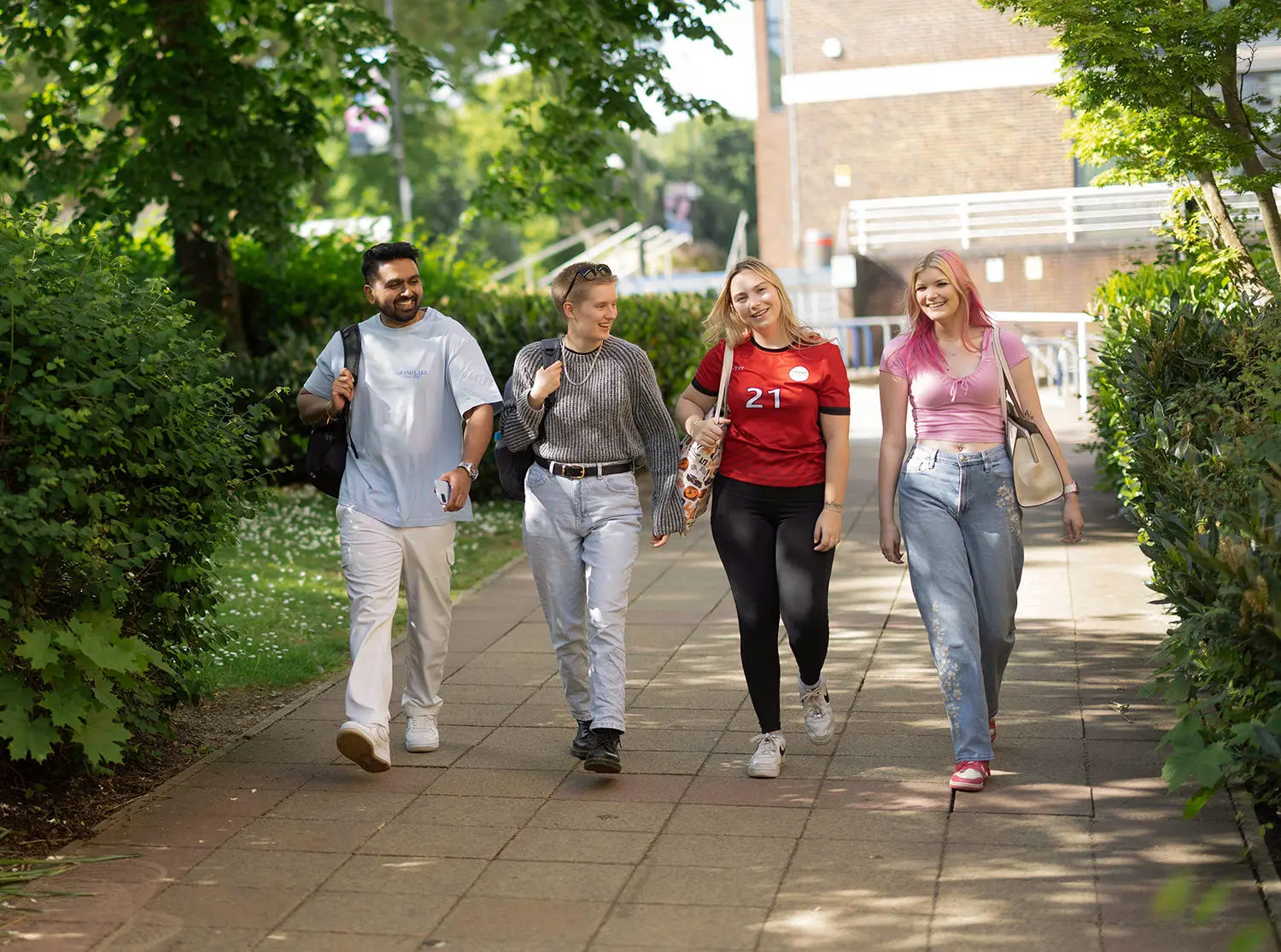
Through this module you will learn to critically explore the relationship between photography and the city through an engaging and interactive exploration of the city's history. Workshops provide students with essential photographic skills developing film and printing in the B/W darkroom.
During this module you will be introduced to the latest digital camera, Adobe editing and print technologies, developing essential photographic skills and improving their understanding of key photographic methods and approaches.
Using the latest digital camera technology and studio lighting you will produce a photographic still life and portrait in the photographic studio.
During this module you will reflect on themes found in contemporary photographic practices (for example the everyday, deadpan, tableau, documentary, autobiography) and choose one theme for further investigation, culminating in a series of images presented in an end of year photographic exhibition.
This module explores the representation of the figure and photographic portraiture. You will be introduced to advanced studio lighting techniques, advanced digital camera systems, Adobe editing software and large scale printing in order to develop your own studio practice.
Throughout this module you will learn to critically and creatively explore platforms for photographic publication - primarily through the 'photography zine'. This module will consist of contextual and critical presentations, technical workshops, and project development feedback sessions in order to support your learning and project progression.
The module will examine how photography has been used to explore the image of landscape through cultural history, through walking and movement, and in health and wellbeing.
In this module, you will consider and engage with project ideas, photographic contexts, and appropriate technology and production processes to create your own photographic exhibition. This module will consist of contextual and critical presentations, technical workshops, and project development feedback sessions in order to support your learning and project progression.
This module aims to address the 3Es (employability, enterprise and entrepreneurship). You will reflect on your learning and skills across the course of your studies - and have the opportunity to showcase your outcomes and intentions as you consider your next steps entering industry or developing research skills in postgraduate studies.
This module builds on Contemporary Photographic Platforms. You will collate your research and development started in Contemporary Photographic Platforms confirming your individual positions as practitioners working within the diverse field of contemporary photographic practice.
This is the first part of the semester-long ‘Final Major Project’. The first ‘block’ of this module will consist of developing an ambitious photographic project proposal for an exhibition by evidencing research, initial development and project exploration and experimentation.
This is the second part of the ‘Final Major Project’. Exhibition is a unique environment for photographers to display their vision for a project: they are able to curate and focus an audience's viewing of images. Whilst photobooks and portfolios consider issues of sequencing, series, paper and design, the exhibition challenges photographers to think about size, scale, representation, relationships, and presentation.
Contact international admissions
Email: Call:As part of this course, you will study one module at a time, giving you the chance to build a deeper understanding and see the results of your hard work more quickly. With regular assessments and feedback, rather than exams all at once, you’ll also benefit from improved focus, and a more manageable workload.
Learn more about block teaching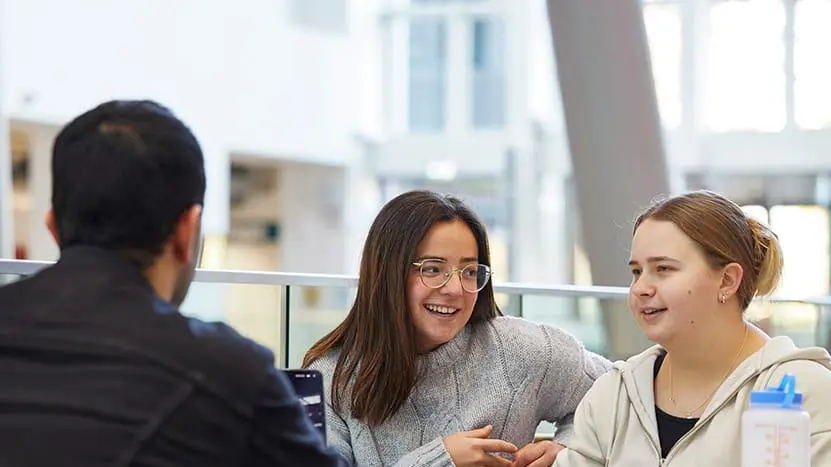
The student achievement team are on hand to help you succeed during your studies at Solent. They aim to contact you at key times during your time here with personalised information, advice and guidance, by email or phone.
The disability advice team provides information, advice and guidance for disabled students.
All students can access Succeed@Solent, Solent's online guide to getting better grades. It offers extensive, practical information and advice on topics such as academic writing, research and presentations.
Roles in photography can be as wide as your creative vision, with everything from work in portrait and event photography, to working on high-profile editorial features for magazines or exhibiting work in art galleries. A large proportion of professional photographers are self-employed. You could also find work with a variety of employers, including creative businesses, publishers and photographic agencies, or in the education and public sectors.
At Solent, you'll be able to develop your creative and technical abilities required for a creative career, and explore your unique styles whilst honing your skills on a variety of equipment and facilities.
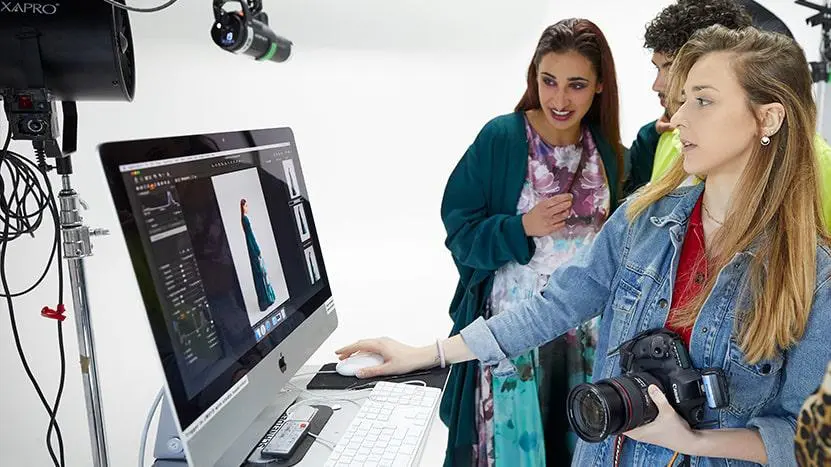
Typical salary: £25,000
Salaries can increase to anywhere from £25,000 to £65,000. The top end of the scale is typically for those who have a strong reputation and are highly sought-after, which takes years of experience.
Typical salary: £22,000
Salaries reflect the size of circulation of the newspaper and the experience and reputation of the photographer. Quality magazines may offer higher rates. Very experienced photographers can earn anywhere from £25,000 to £60,000.
The stated salaries are published on prospects.ac.uk.
Hear from Solent alumni about where their careers have taken them and how studying at Solent prepared them for their future.
Read more stories
“Solent has helped by filling my CV with great experiences that have given me confidence and improved my work”

The Solent Careers team is committed to getting students into great careers.
While you are studying, the team can help you with finding work experience or placements, link you with a mentor, check your CV, or offer one-to-one guidance.
We also have graduate job opportunities just for Solent graduates.

6th
UK uni for sustained employment
Longitudinal Educational Outcomes, 2022
Every student at Solent University will also have the option to study an additional Certificate in Practical Artificial Intelligence qualification alongside their course. Free of charge, the course ensures you'll be prepared for a fantastic and varied career after graduation.

Thinking about studying further than an undergraduate degree? Alumni can get 20% off their postgraduate study.

Take charge and lead a wealth of fashion and beauty brands to success with your innovative and creative vision on this practice-based master's degree.
Find out more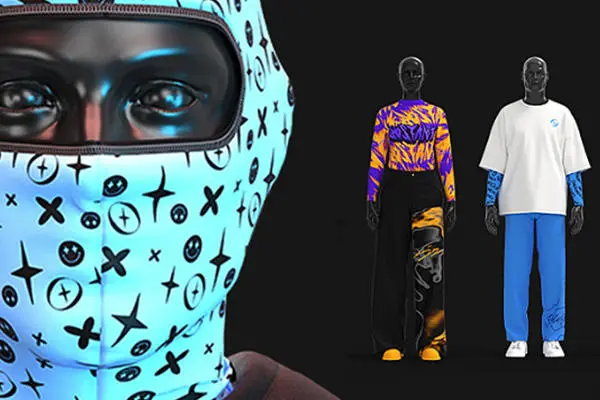
Gain the skills and knowledge to work in the ever-changing global fashion and technological landscapes – whilst contributing to the sustainable future of the fashion, beauty and lifestyle industries.
Find out more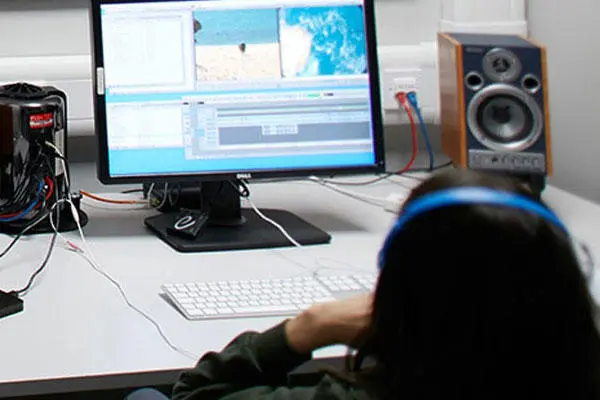
Build your creative post-production skills to make your mark in the film and television industry. Solent’s MA Post Production in Film and Television will see you working with...
Find out more
Do you have an eye for design? Would you like to help influence the future of visual communications? Our MA Visual Communication degree is ideal for creatives keen to refine their practice, working as part of an interdisciplinary group of students.
Find out moreThe tuition fees for the 2026/27 academic year are:
For further information, please visit our tuition fees page.
While most course costs are covered by your tuition fees, some essential resources and optional extras may need to be paid for separately. These additional costs are listed below. For advice on budgeting and managing your money, please contact student.funding@solent.ac.uk.
The 2026/27 additional costs are not yet available. For guidance, previous additional costs have been:
You will be required to pay for any materials you use on the development of your projects, however in-lesson course materials are provided.
Compulsory costs
Optional costs
Solent University offers a range of bursaries and scholarships that provide financial assistance or waive fees for tuition or accommodation. Each bursary or scholarship has specific eligibility criteria. Check out our bursaries and scholarships pages to find out more.
Cost of living support
At Solent, we understand that the cost of living crisis may be of some concern. To help, we've put together some detailed information to show what support is available and how to make your money go further.
Graduation costs
There is no charge to attend graduation, but you will be required to pay for the rental of your academic gown (approximately £45 per graduate, depending on your award). You may also wish to purchase official photography packages, which range in price from £15 to £200+. Graduation is not compulsory, so if you prefer to have your award sent to you, there is no cost. Extra guest tickets will go on sale after results publication and will be sold on a first-come-first-served basis. The cost per ticket is currently £20. Please note, we do not guarantee there will be any extra tickets available to purchase.
Contact international admissions
Email: Call:Please select an option below:
As a general guide, we look for qualifications that are equivalent to the British high school A-levels.
Applicants from outside the UK will be required to submit an electronic portfolio for consideration.
If you are applying from outside the UK, find information about entry requirements, visas and agents for your country here.
For further information about EU qualifications, please see our course entry requirements document.
For international students who do not meet the direct entry requirements for this undergraduate degree, our trusted partner, QA Higher Education offers the following pathway programme designed to develop your academic and English language skills:
As a general guide, we look for qualifications that are equivalent to the British high school A-levels.
Applicants from outside the UK will be required to submit an electronic portfolio for consideration.
If you are applying from outside the UK, find information about entry requirements, visas and agents for your country here.
For further information about UK, EU and international qualifications, please see our course entry requirements document.
For international students who do not meet the direct entry requirements for this undergraduate degree, our trusted partner, QA Higher Education offers the following pathway programme designed to develop your academic and English language skills:
All international applicants need to be aware that the English language requirements to attend Solent University, and the English language requirements to obtain a visa from the Home Office, may be different. This means that if you meet the Solent University language requirement to gain a place on the course, you may still have to meet additional requirements to be granted with a visa by the Home Office.
We strongly advise all applicants to visit the Home Office website which outlines all the requirements for a successful visa application.
Full-time
Any student applying for the first year of a full-time/sandwich undergraduate course must apply through UCAS (University and Colleges Admissions Service). This includes mature, overseas and EU students.
Nearly all schools and colleges offer their students the facility of applying electronically through the UCAS website using 'Apply'; it may also be used by those applying independently in the UK and overseas. This facility and all course information can be found on the UCAS website: www.ucas.com.
Your application should reach UCAS by 14 January if you hope to enter a course the following autumn. Early application is advised for the most popular subject areas. Late applications may be made until the end of June. The UCAS Code for the University is S30, code name SOLNT.
Find out what happens after you apply
Contextual offers
Solent endeavours to offer learning opportunities to students from all backgrounds. When we receive and review an application, we take into consideration the context and personal circumstances of applicants when making a decision, which means our advertised entry tariff could be reduced.
Find out more about Solent's contextual offers
Top-up route:
We welcome applications from students currently studying a Foundation Degree, DipHE, HNC, HND or modules of an undergraduate degree course at another university, who wish to enter directly into Years 2 or 3 of one of our undergraduate degree courses. Please contact our admissions team for more information: contact us
Applicants who do not have English as their first language will be required to demonstrate an approved level of proficiency in the use of the English language. The agreed minimum requirements for this course are:
TOEFL IBT tests taken prior to 21 January 2026
TOEFL IBT tests taken from 21 January 2026
Qualifications are checked before enrolment, and international students must bring their original certificates or certified copies when coming to study at the University.
Pre-Sessional English programme
The University also offers a pre-sessional English programme for international students who wish to improve their level of English before starting a degree course.
Contact international admissions
Email: Call: